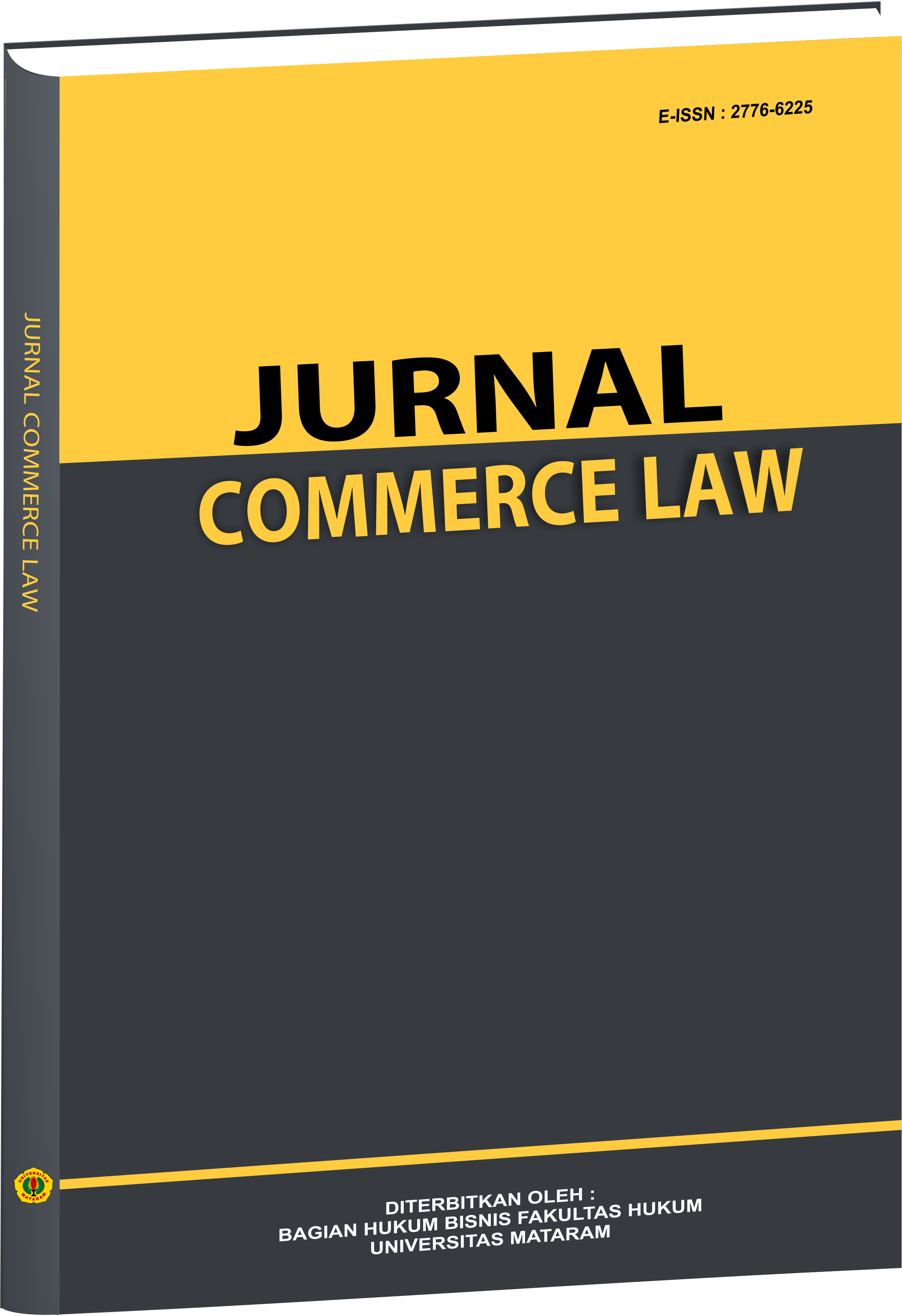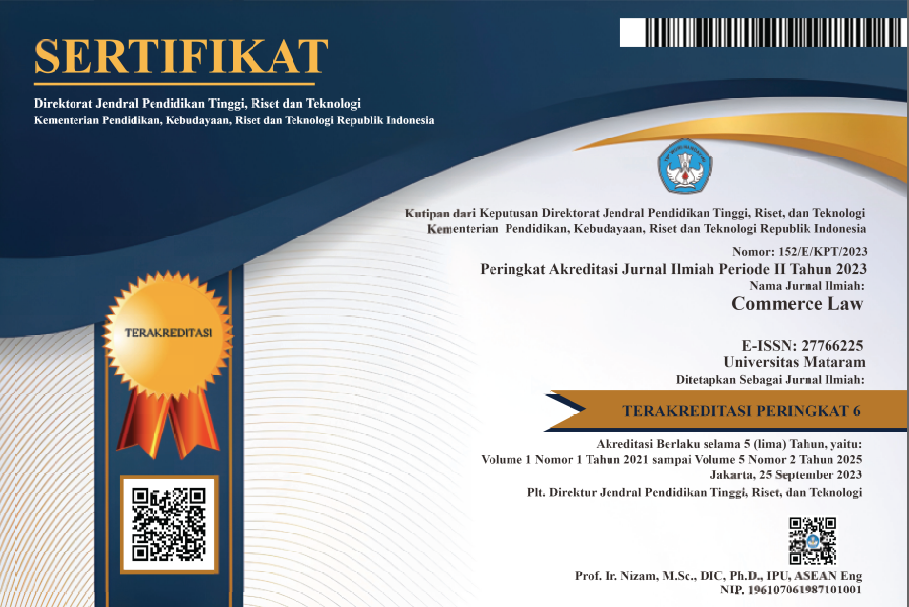Legal Comparison Between Usa’s Federal Law And Indonesia’s National Law on The Implementation of Quota System For Disabled Employee
DOI:
https://doi.org/10.29303/commercelaw.v4i2.5116Keywords:
Persons With Disabilities, Employment, Quota SystemAbstract
This thesis examines the legal frameworks in the United States and Indonesia concerning the employment of persons with disabilities (PWDs). It compares the Americans with Disabilities Act (ADA) of 1990, which prohibits discrimination and mandates reasonable accommodations, with Indonesia's Law Number 8 of 2016, which establishes a quota system for PWD employment. The research investigates the effectiveness of both approaches in promoting inclusivity and identifies potential shortcomings in Indonesia's quota system, such as ambiguity in enforcement and lack of specific accommodation guidelines. By analyzing legal documents, scholarly literature, and real-world data, this study aims to inform policymakers and stakeholders on strategies to enhance employment opportunities for PWDs in Indonesia. It suggests a potential hybrid approach that combines elements of both systems, incorporating clear accommodation standards and robust enforcement mechanisms while considering cultural sensitivities and potential economic impacts. This research contributes to the ongoing discourse on disability rights and employment policies, offering insights for a more inclusive and equitable workforce in Indonesia.
Downloads
Published
Issue
Section
License
Copyright (c) 2024 Arkan Athaullah Helmi, Muhammad Sood, Diman Ade Mulada

This work is licensed under a Creative Commons Attribution-ShareAlike 4.0 International License.
The authors hold the copyright. Authors retain copyright and grant the journal right of first publication with the work simultaneously licensed under a creative commons. that allows others to share the work with an acknowledgement of the work's authorship and initial publication in this journal. How ever the author should affirming that the article is their original work should accompany the article via online submission form. Authors are permitted to share a Preprint of their article anywhere at any time.












